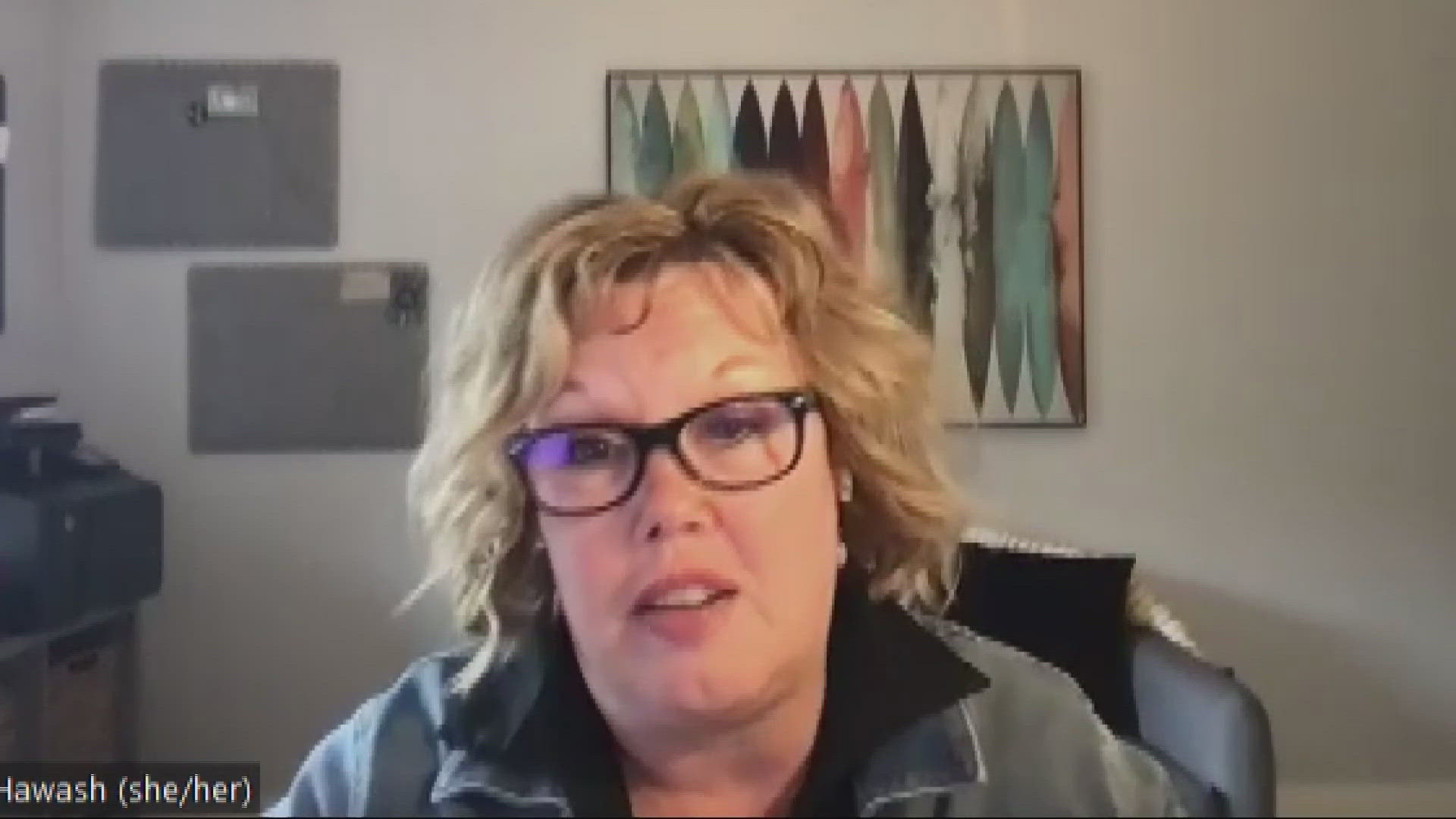PORTLAND, Oregon — On Monday, Portland State University (PSU) was awarded $1.8 million from the Oregon Health Authority (OHA) to help tackle the behavioral health crisis.
Thanks to Oregon House Bill 4071 and House Bill 2949, PSU will now help cover tuition costs for about 100 of its 700 students in both the Master of Social Work (MSW) and Master in Counselor Education (MCE) programs. These are programs that train professionals in behavioral health.
“It’s an amazing opportunity to really expand and better support behavioral health and addiction services across the state,” said Lisa Hawash, the MSW program director.
Hawash explained each eligible student will receive up to $15,000 to cover tuition and a $3,000 stipend per academic year, which she said is a huge deal as many students in the program arrive with massive undergrad debt.
“It is just such a financial support for those students and again, beyond the community,” said Hawash.
PSU is the only public university in Oregon with a master's of social work.
She added that the program will continue to diversify the behavioral workforce, which she said is important, as underserved communities are disproportionately affected by behavioral health impacts — especially in rural communities.
"I mean, making sure that we are providing services and supports that are culturally relevant and that are language specific just really creates a whole different level of access for people," Hawash said.
Both PSU master's programs will also prioritize supporting students who are interested in serving underserved communities, as well as share the identities and lived experiences of these communities.
Eligible students must be in good academic standing and commit to working in Oregon after graduating, and many will do so right where they live.
"About half of our program are in rural communities,” said Hawash. “Our students are all over the state of Oregon, so it really has an amazing opportunity to expand the reach and the supports."
Hawash says there is more that needs to be done to expand the behavioral workforce — including better pay for people who work in this field.

